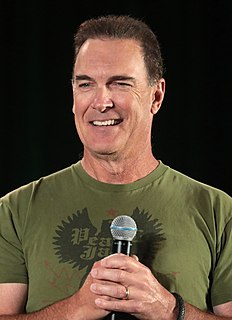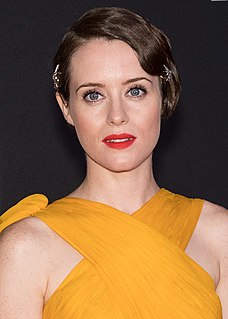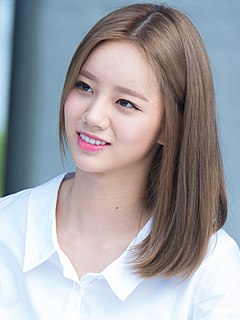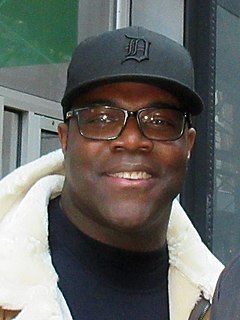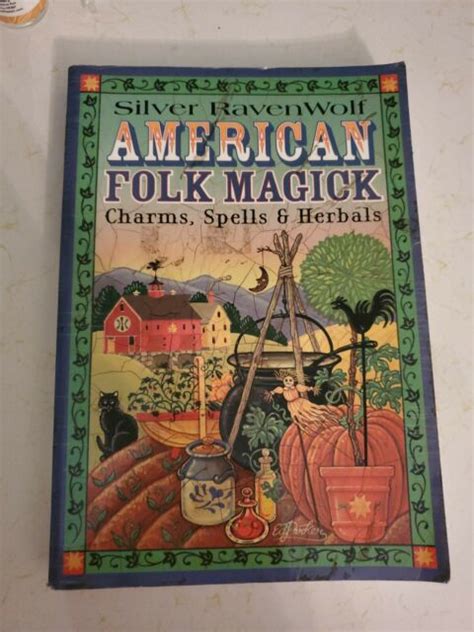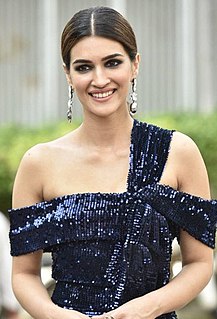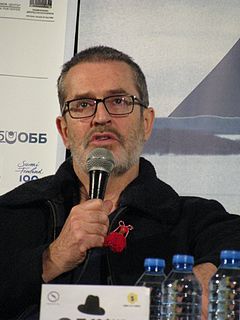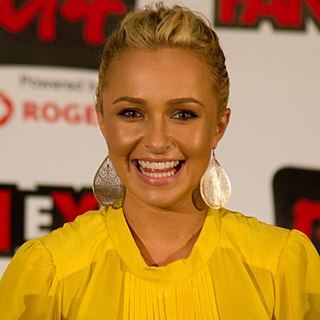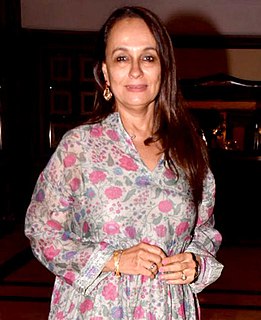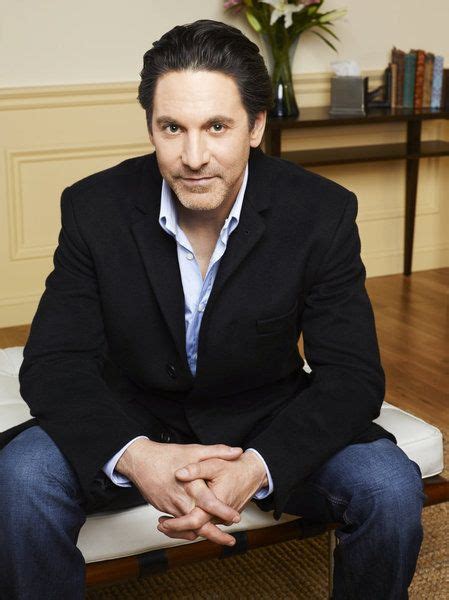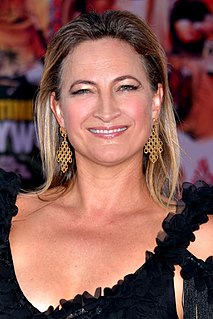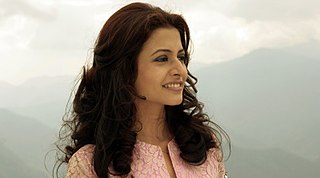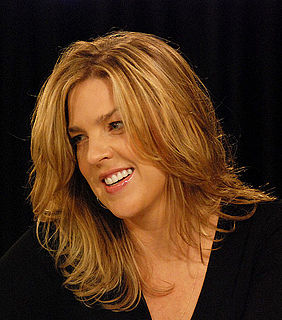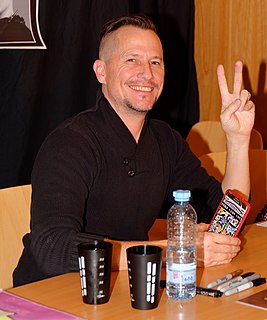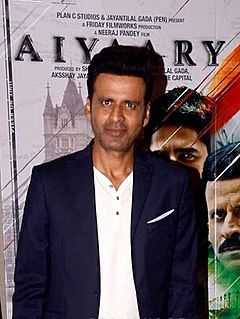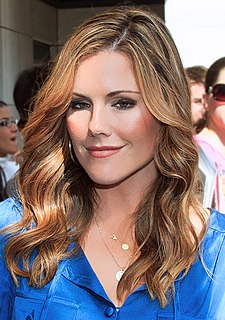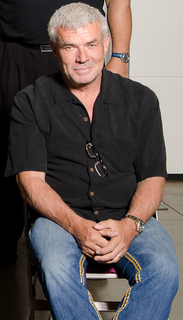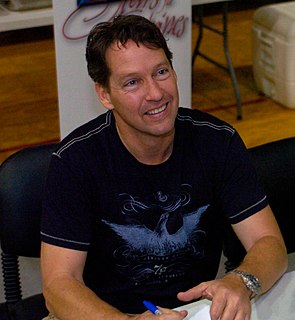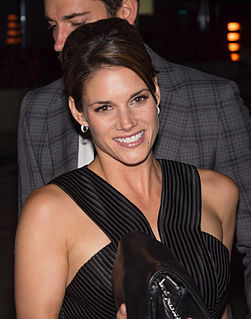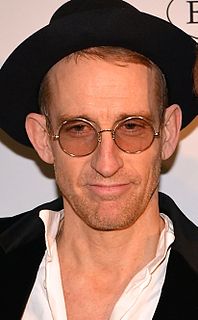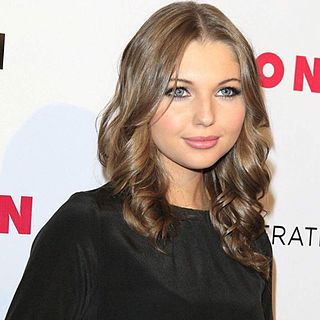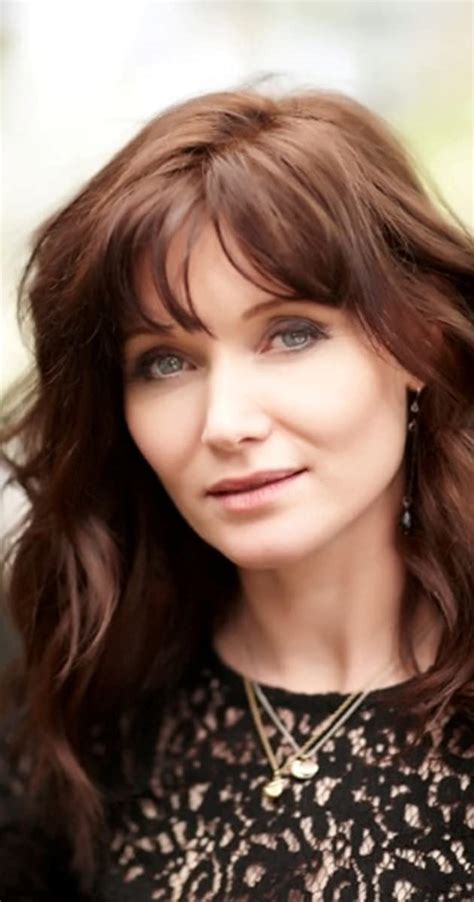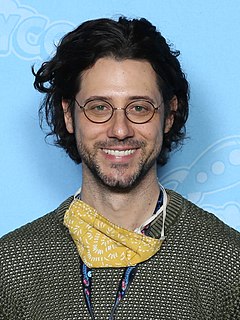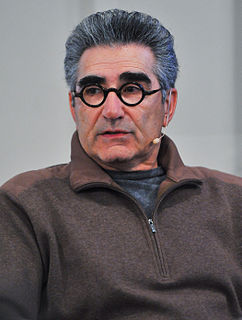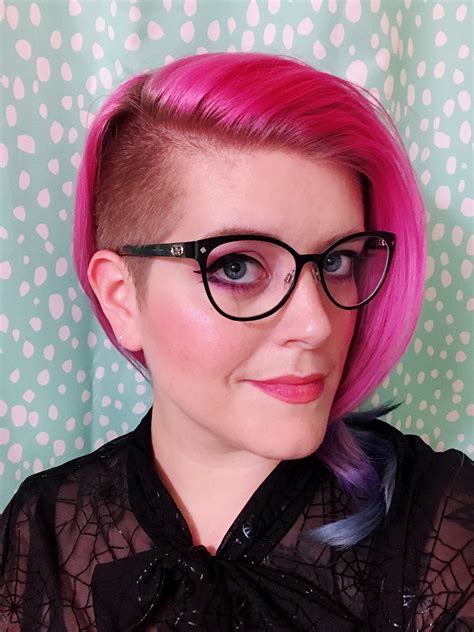Top 1200 Female Character Quotes & Sayings - Page 20
Explore popular Female Character quotes.
Last updated on December 22, 2024.
What drew me to Batman in the first place was Bruce Wayne's story, and that he's a real character whose story begins in childhood. He's not a fully formed character like James Bond, so what we're doing is following the journey of this guy from a child who goes through this horrible experience of becoming this extraordinary character. That, for me, became a three-part story. And obviously the third part becomes the ending of the guy's story.
To me, the Craft is what Christianity was 2,000 years ago. It was a religion that was not corrupted. I personally think Jesus was a Crafter. We believe in all the things that he spoke of. The early Christians believed in reincarnation, and that was later removed from the belief system. Early Christians had a female Divinity, and that was taken out of their belief system, or as with Catholicism, replaced with Mary. Look at how incredible the growth in devotion of Mary is. It's amazing. The desire for a female Divinity is not just Wiccan. It speaks of a global need.
There have been times I thought that when I got a certain point in the story, a certain character was going to do a certain thing, only to get to that point and have the character make clear that he or she doesn't want to do that at all. That long phone conversation I thought the character was going to have? He hangs up the phone before the other person answers, and twenty pages of dialog I had half written in my head go out the window.
I must say Steven Spielberg was great to me, and I loved working with him. He called me up on the phone and was like, "I want you to be in this movie - 1941. There are a couple of parts. You can take whichever one you want. One of them is a main character who is involved in everything, and there's another character who has his own storyline and goes off on his own. He's probably the funnier, more unique character." I said, "Well let me do that second one."
The character truest to itself becomes eccentric rather than immovably centered, as Emerson defined the noble character of the hero. At the edge, the certainty of borders gives way. We are more subject to invasions, less able to mobilize defenses, less sure of who we really are, even as we may be perceived by others as a person of character. The dislocation of self from center to indefinite edge merges us more with the world, so that we can feel blest by everything.
For women to be supplying the soldiery with banners, flannel shirts and other material comforts was, superficially, all of a piece with their ministrations to their menfolk at home. Such contributions to the war effort were socially acceptable because they could be seen as an extension into the military sphere of the traditional female virtues of charity, nurture and needlework. Yet in reality what the women were doing represented the thin end of a far more radical wedge. Consciously or not, these female patriots were staking out a civic role for themselves. And many of them relished it.
Whatever each individual woman is facing; only she knows her biggest challenge. However, if we add up the problems that affect the biggest numbers of women, then issues having to do with physical safety and reproduction are still the biggest. Female bodies are still the battleground, whether that means restricting freedom, birth control and safe abortion in order to turn them into factories, or abandoning female infants because females are less valuable for everything other than reproduction.
I've been very lucky to have been chosen for and to have chosen roles that are good. Some are better than others and some projects are better than others, whether it's female or male characters. There's still more that we can do and there's still more stories to be told. I would love to see more female-driven projects in general.
